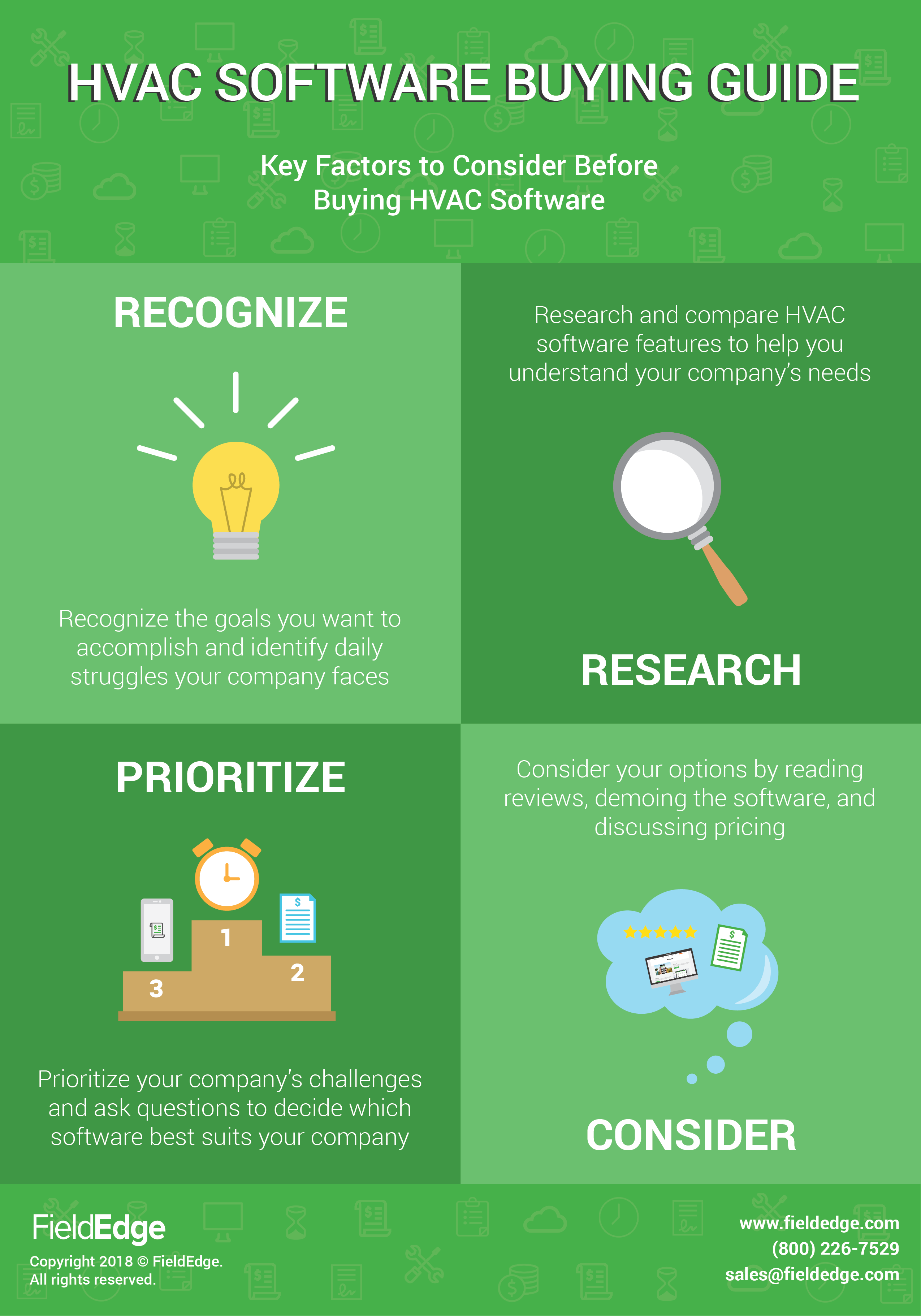Heatpump Vs Heater - Which Is The Better Heating Choice For Your Home?
Heatpump Vs Heater - Which Is The Better Heating Choice For Your Home?
Blog Article
Write-Up Produced By-Rosenthal Blackwell
Numerous home owners recognize with heating systems, which warm homes with oil or gas and press hot air with ductwork. They are reasonably low-cost and can offer reliable heating also throughout a wintertime power failure.
Nevertheless, they make use of fossil fuels and produce carbon monoxide and other air pollution. They likewise aren't as energy-efficient as a high-efficiency heatpump.
Expense
Generally, heatpump are extra cost effective to run than furnaces. They normally use power and refrigerant to extract warmth from exterior air, and afterwards transfer it into your home. You can make use of less expensive electrical power prices during off-peak hours to further reduce your heating costs.
Unlike heatpump, gas or wood-burning furnaces make use of burning to generate warmth, producing flue gases right into the environment that can be damaging to your health. air conditioning maintenance are additionally much less energy-efficient than heat pumps, and their greater operating expense can accumulate in time.
Furnaces are much more difficult than heatpump and call for routine upkeep to make certain the correct function of all components. In spite of this, they often tend to last longer than heatpump with a normal life-span of 20 years or more. Nevertheless, you'll require to consider the price of gas, gas oil or timber and the additional tools needed for installment and operation such as air ducts and air flow systems.
Power Performance
Heat pumps have a greater power effectiveness rating than heaters. These systems utilize electrical energy to feed on warm from the air, even in freezing temperatures. They can additionally remove excess heat from the home throughout warmer months and recycle it to cool down the system. Provider specialists can help you determine the most effective design for your home based on environment and resource energy expenses.
Furnaces burn fuel oil, gas, natural gas or other sorts of nonrenewable fuel source to heat the air in the home. This air is then distributed through ductwork making use of a huge fan. Heating systems generate greenhouse gases and call for routine maintenance and equipment upgrades to guarantee safe operation.
The largest advantage of a furnace is that it can be operated even in harsh winter months problems because it does not depend on outside temperatures to warm the air. Heaters additionally have a longer lifespan than heatpump and generally last 15 years. They can additionally be paired with dual gas alternatives, which choose one of the most efficient home heating option based upon the weather.
Climate
Heatpump function well in moderate climates and make use of less resource power than furnaces. However, if ducted heat pump cost nz is remarkably chilly, you might need to buy a typical gas heater instead.
Heaters offer cozy, cozy heat and generally use fast home heating to increase indoor temperatures. These systems can be made use of with a range of gas kinds, consisting of natural gas, propane, oil or electrical power.
They eat a lot more energy than heatpump-- as much as 3x as much-- and need ductwork that's pricey to mount or retrofit. They're additionally a lot more expensive to keep, as they can trigger air high quality concerns and generate greenhouse gas exhausts.
If you're committed to decreasing your carbon footprint, a heat pump is a good choice for your home. They have less greenhouse gas discharges than furnaces, specifically if you choose an ENERGY STAR ® heat pump. Your regional Provider expert can describe the distinctions in between these two heating unit and assist you make the most effective choice for your one-of-a-kind needs.
Individual Preferences
Furnaces can be really power reliable when powered by natural gas, lp or oil, yet they aren't as power efficient as heatpump in icy climates. They can likewise be much more costly to mount, requiring gas lines and air flow systems.
Nevertheless, heaters have a tendency to need much less maintenance, which can cause reduced ongoing expenses. https://www.forbes.com/sites/forbesrealestatecouncil/2020/07/15/12-essential-home-maintenance-tips-for-new-homeowners/ generate fewer greenhouse gases and are much more reputable than heatpump throughout severe climate.
Electric heatpump are extra flexible in producing interior comfort since they can also function as ac unit during warmer months. They can be more convenient to preserve, needing only regular air filter changes and periodic vacuuming.
If you like the comfort of a single system that does it all, consider a hybrid home heating option that sets a furnace with an electric heatpump. These systems can instantly change between the two heating options based upon your home's demands and temperature conditions, making best use of performance and cost savings.